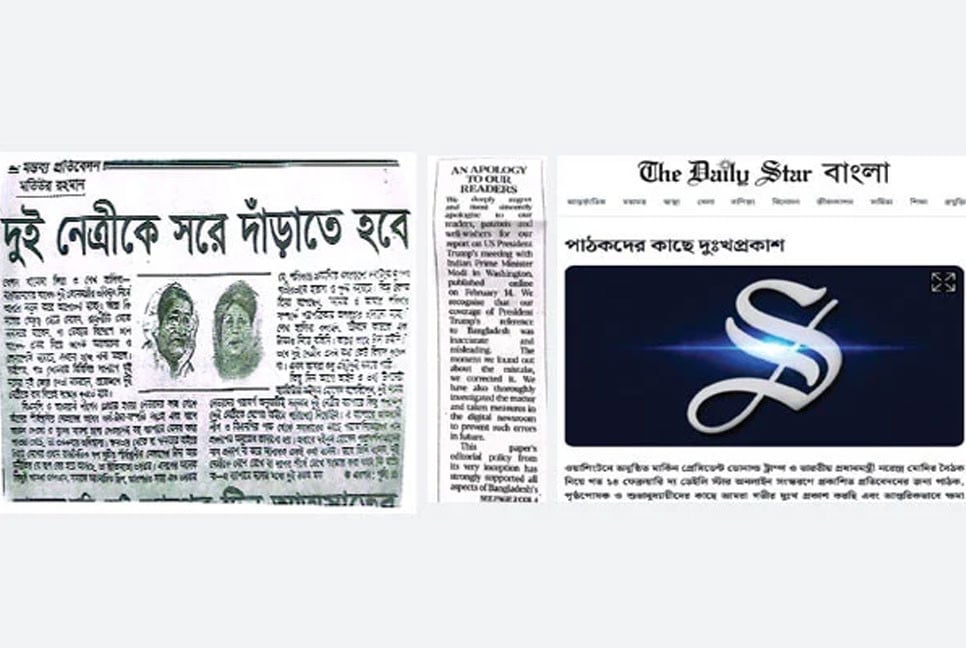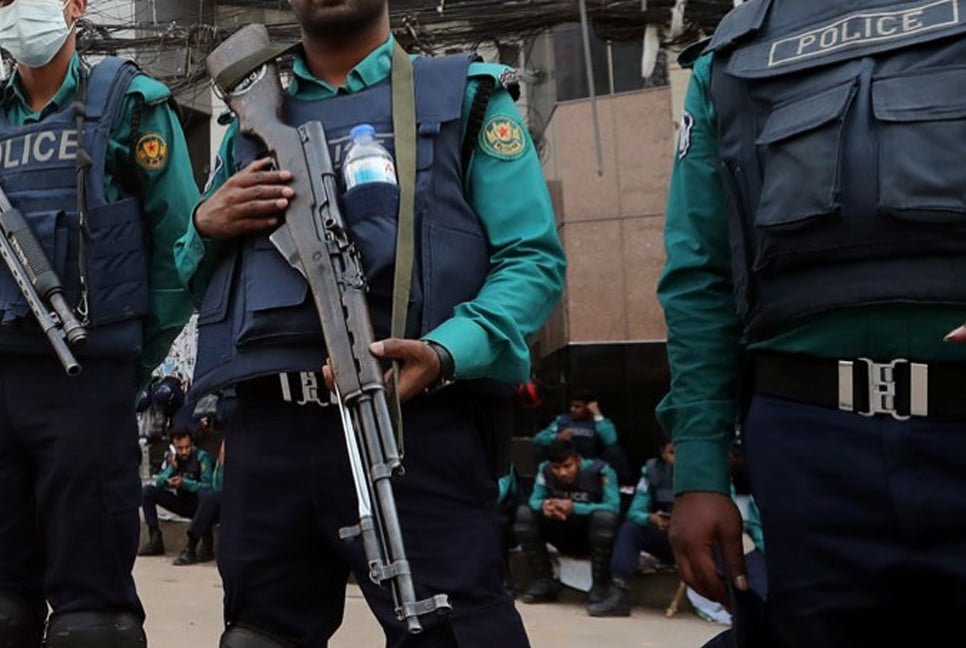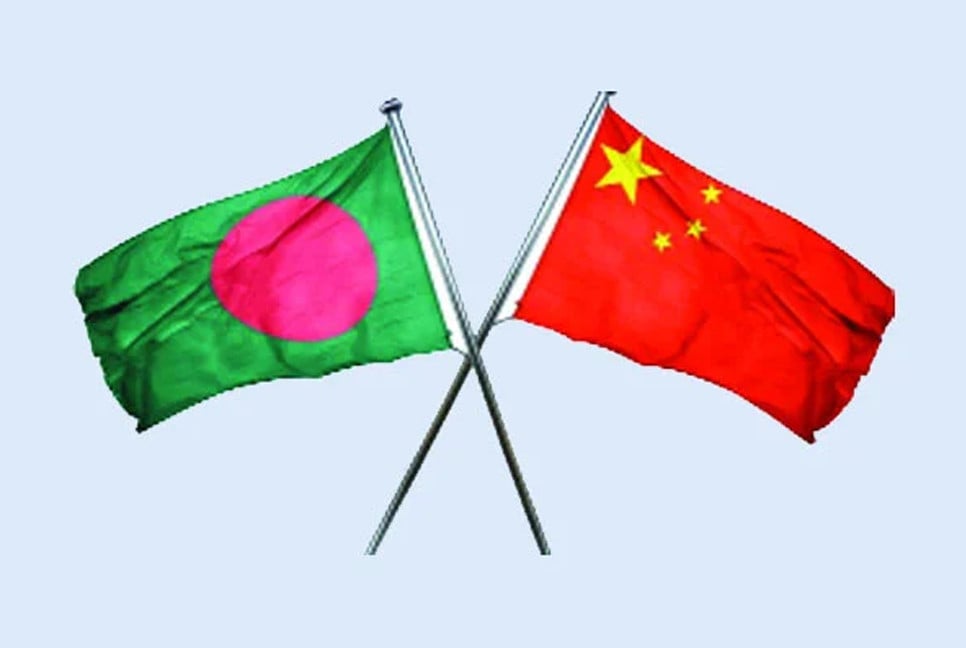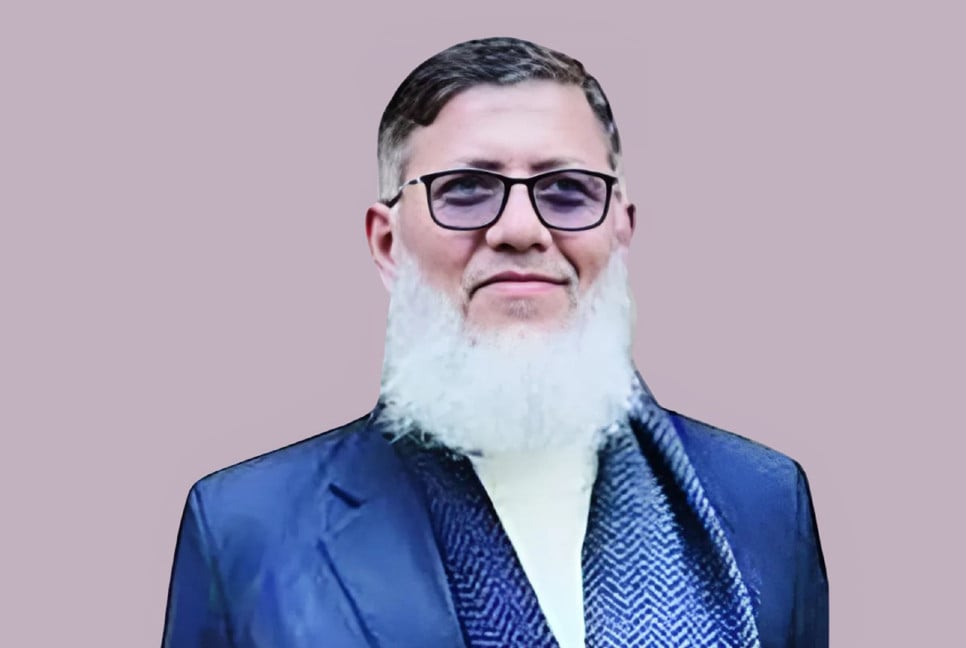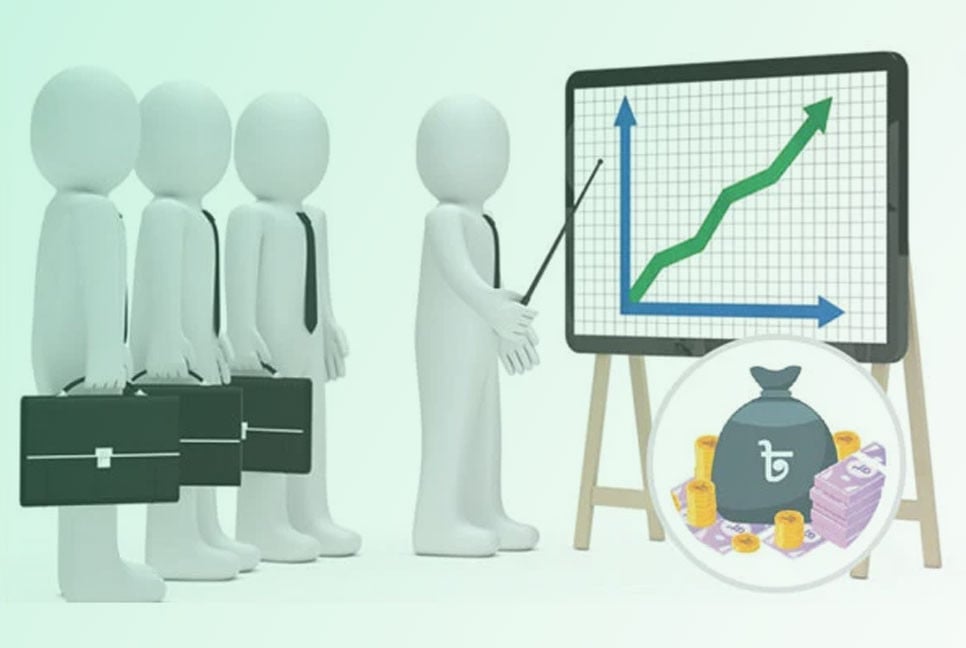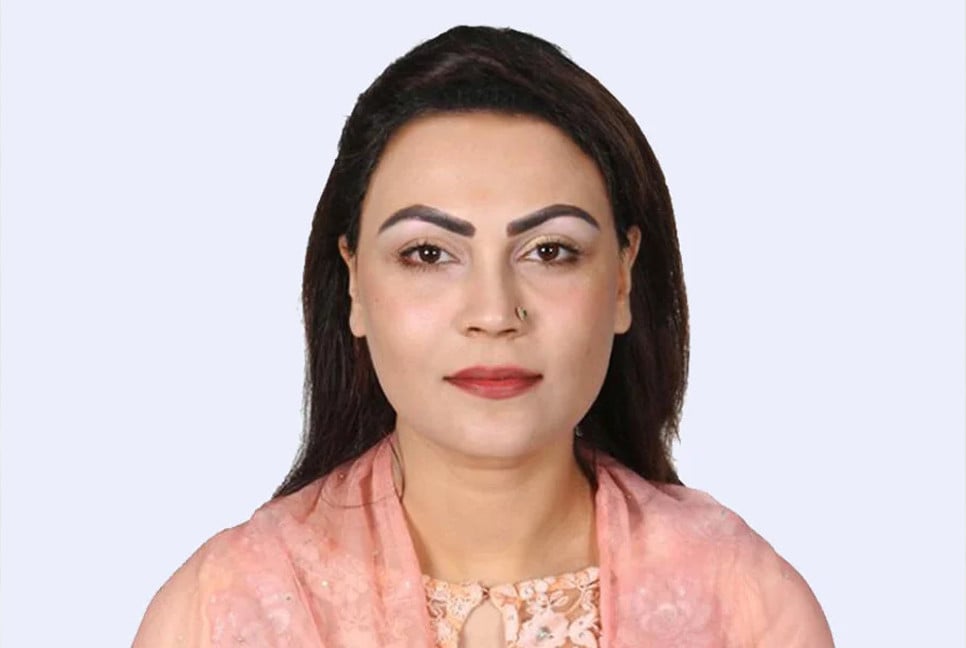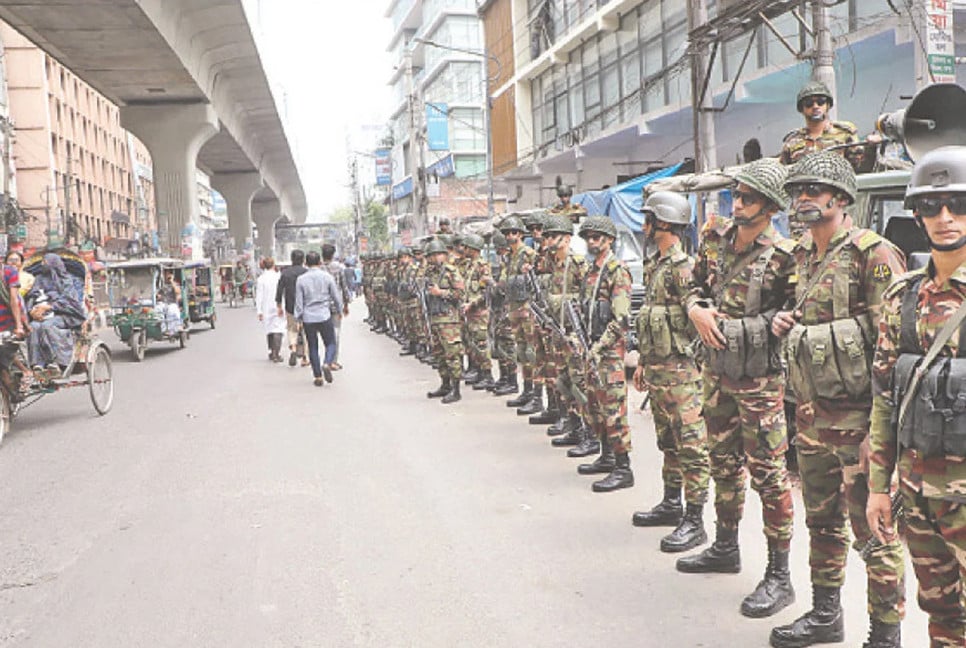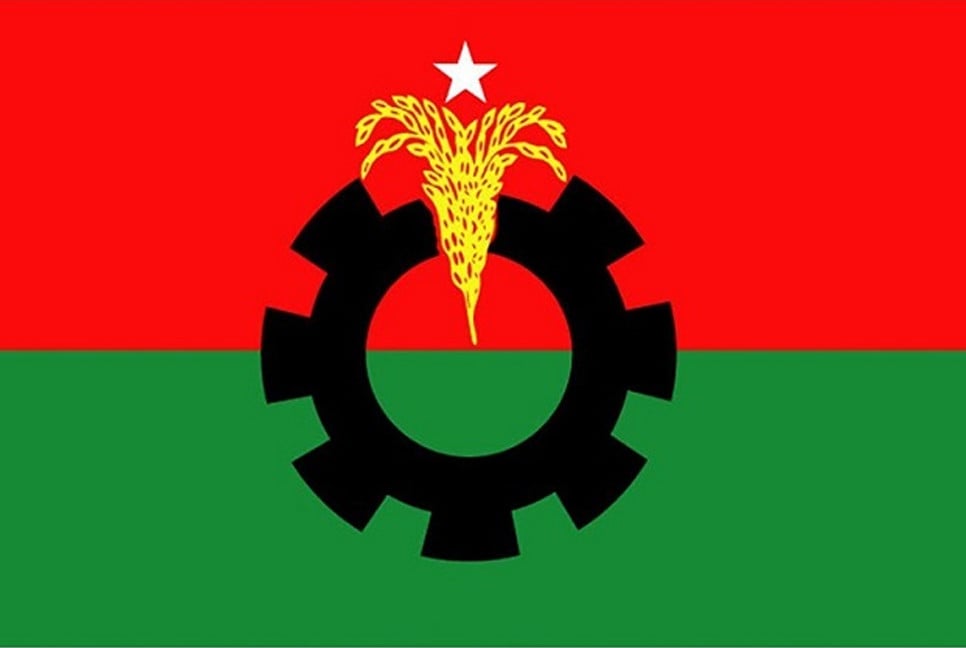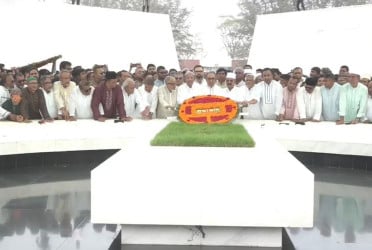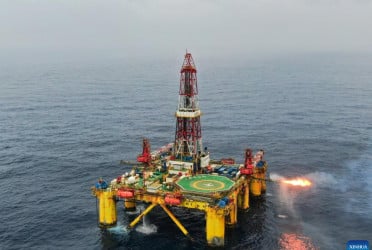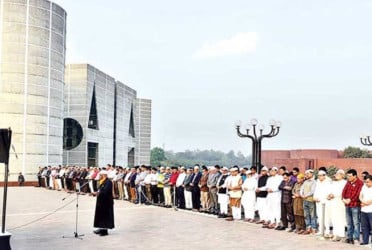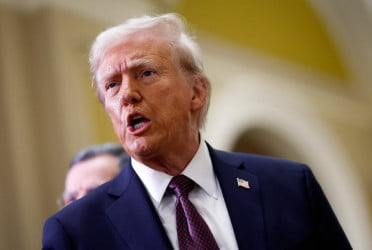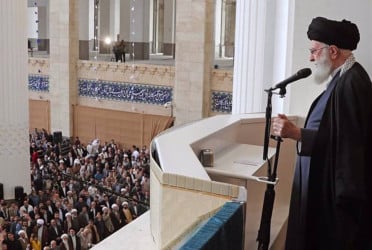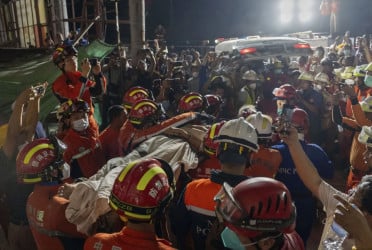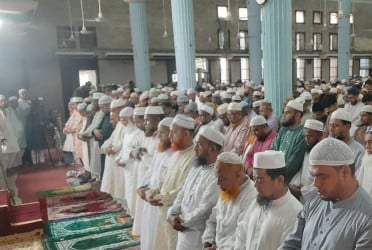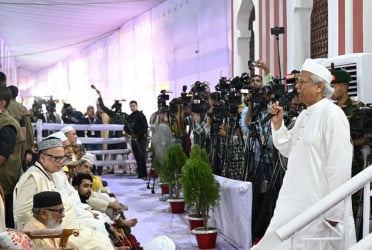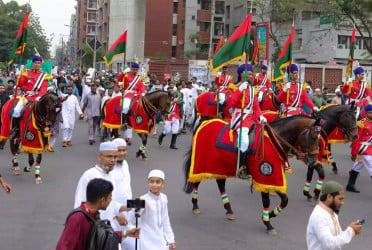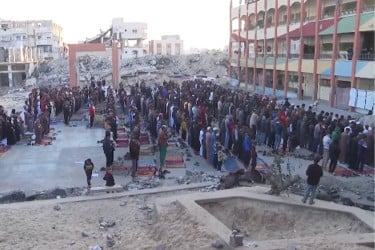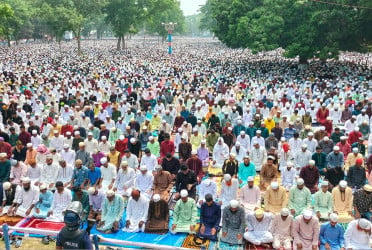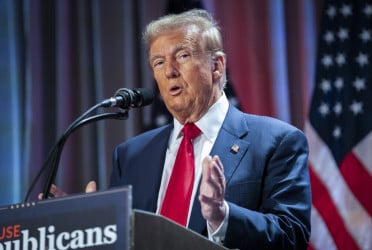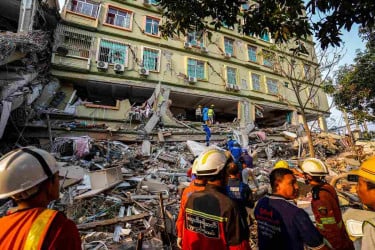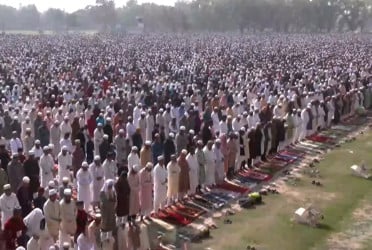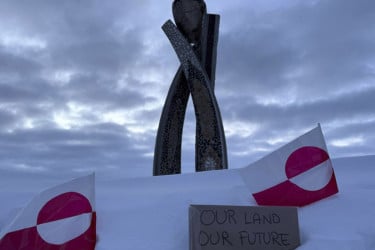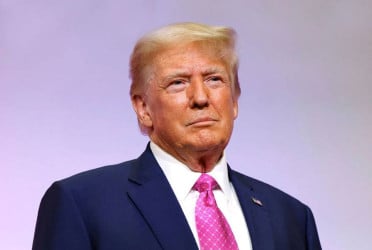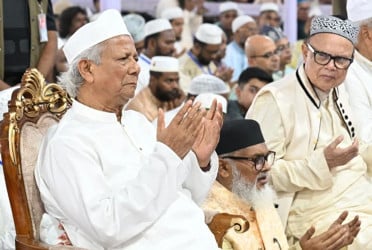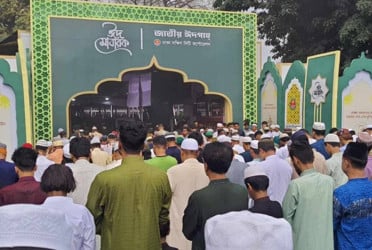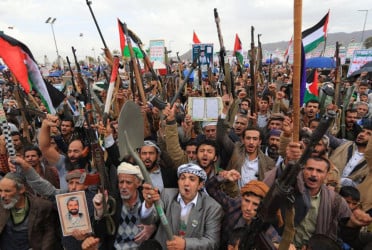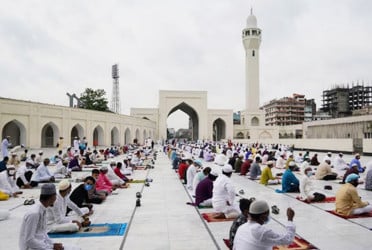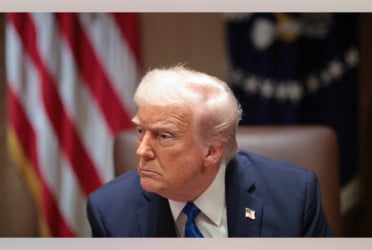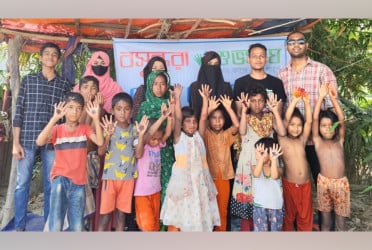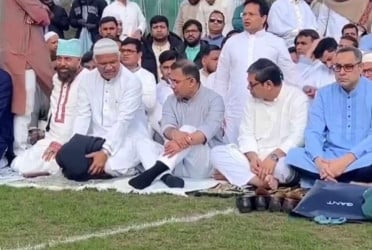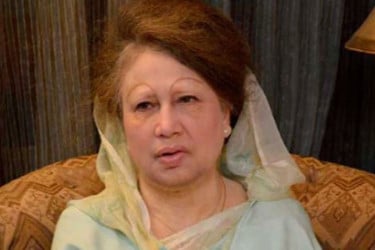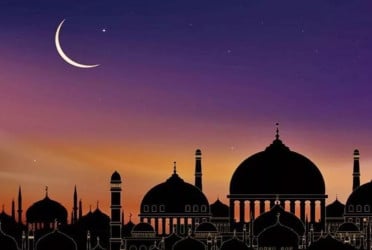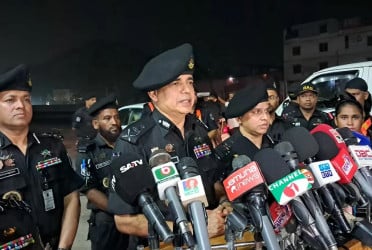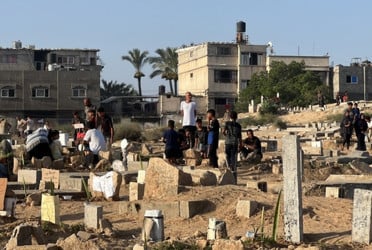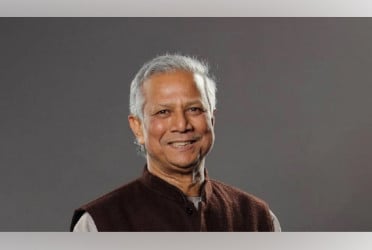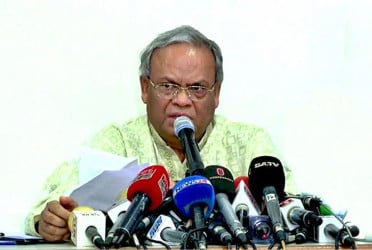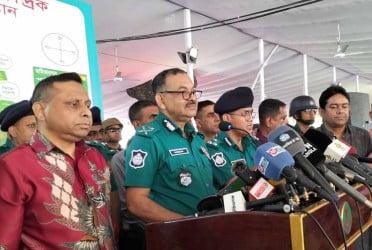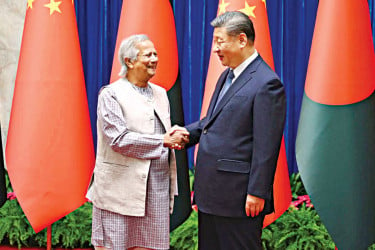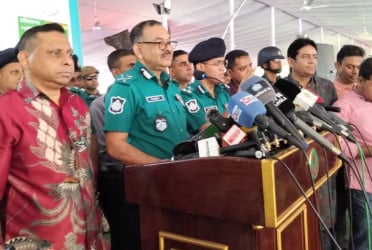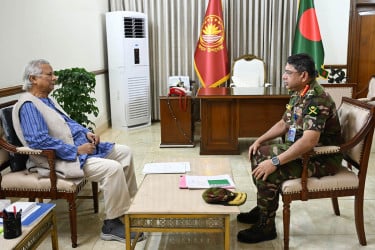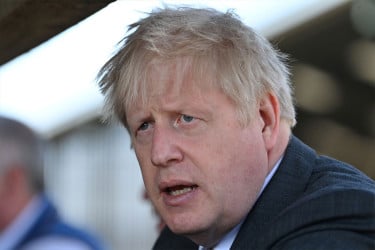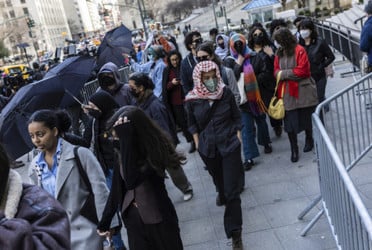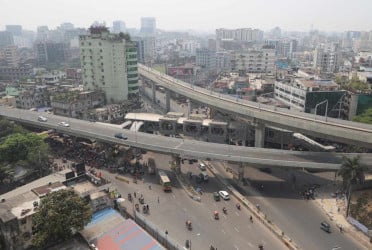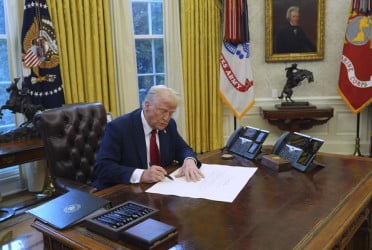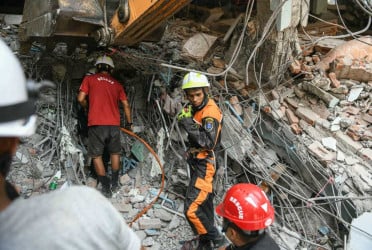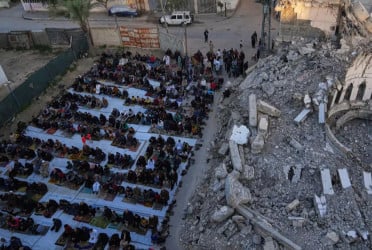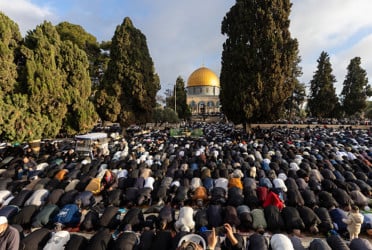Prothom Alo and The Daily Star are again under scrutiny for their alleged anti-national and anti-democratic agenda, accused of distorting facts to manipulate public perception. Their recent reporting has reignited concerns about media bias and their role in shaping misinformation.
At a press conference in Washington following a meeting between U.S. President Donald Trump and Indian Prime Minister Narendra Modi, an Indian journalist questioned Trump about whether the U.S. deep state had played a role in efforts to remove Bangladesh’s Prime Minister Sheikh Hasina during the Biden administration. Trump dismissed the claim, stating, "No, America's Deep State had no role." He then gestured toward Modi and remarked, "I left the answer to that question on the Bangladesh issue!"—indicating that Modi should respond.
However, The Daily Star’s Bangla edition misrepresented the exchange, publishing a headline that falsely claimed, “Leaving the affairs of Bangladesh in the hands of Modi: Trump.” The distortion sparked outrage on social media, forcing the newspaper to retract its misleading report. Many believe this was a deliberate attempt to frame the narrative in India's favor, further reinforcing accusations that The Daily Star operates with a political agenda.
This is not the first time Prothom Alo and The Daily Star have been accused of spreading misinformation. They have consistently faced allegations of working against Bangladesh’s interests, particularly in their coverage of the Bangladesh Nationalist Party (BNP), Begum Khaleda Zia, and Tarique Rahman.
On June 11, 2007, Prothom Alo editor Matiur Rahman published an editorial titled The Two Leaders Must Step Aside, making sweeping accusations against the BNP-Jamaat coalition government. He wrote:
“The BNP-Jamaat coalition government's greed for money, wealth, and finance took a more fervent form… A flood of terrorism and money laundering spread throughout the country. Khaleda Zia and the leaders embarked on nationwide anarchy, extortion, looting, land grabbing, and collecting hundreds of thousands of crores of taka from domestic and foreign sources.”
Matiur further alleged BNP’s involvement in violence and corruption, claiming:
“We see the patronage of the BNP-Jamaat coalition government behind these attacks. We witnessed a farce in the name of investigation and trial in the case of killing 22 leaders and workers and injuring more than three hundred people in the grenade attack on the opposition leader's public meeting, killing many opposition leaders and workers including former finance minister Shah AMS Kibria. The highest level of the party, including ministers and MPs, can be seen to be directly involved in terrorism and corruption. The Prime Minister's office was also used in this regard. Begum Khaleda Zia's two sons Tarique and Arafat, two brothers Sayeed Iskander and Shamim Iskander, and other relatives were heavily involved in corruption. The naked corruption of two of her close officers, Political Secretary Harris Chowdhury and Mohammad Mosaddak Ali, is now being discussed everywhere. The stories of their corruption and usurpation once seemed unbelievable, but now everyone accepts that they are true.”
Matiur Rahman also accused BNP of attempting to manipulate the Election Commission and destabilize the country, writing:
“We see how desperate the BNP was to come back to power by any means at the end of the five-year term. They wanted to come back to power by installing their own people in the Election Commission and making electoral rolls full of mistakes. The various conspiratorial steps to retain power by the four-party alliance were met with all-out resistance from opposition parties, including the Awami League, leading to violent clashes on the streets of Dhaka. (The Awami League claims that the current caretaker government came to power at the cost of 67 lives). Economic activities, even people's livelihoods, came to a standstill. The inflexible attitude and vindictiveness of the two leaders were widely criticized at home and abroad. In such an uncertain context, a state of emergency was imposed, and the caretaker government took power with military support.”
Despite their self-proclaimed commitment to democracy, Prothom Alo and The Daily Star’s historical record suggests otherwise. Their recent alignment with BNP, and July Uprising appears to be a calculated move rather than genuine advocacy. Critics argue that, given the opportunity, they will revert to their established pattern of misinformation and political manipulation, continuing their role as unreliable narrators of Bangladesh’s political landscape.
Bd-pratidin English/ Jisan

